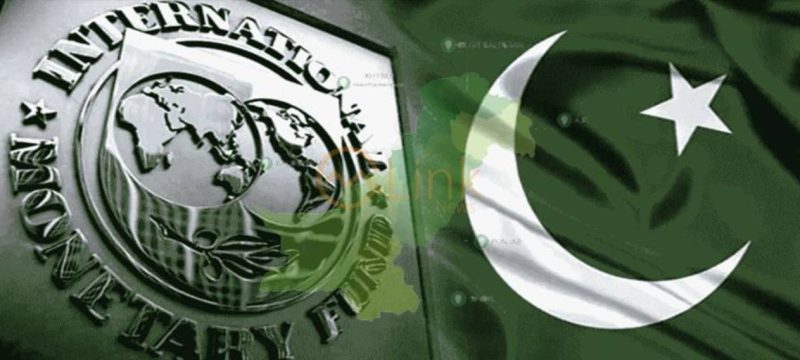A nine-member International Monetary Fund (IMF) delegation, led by Nathan Porter, is scheduled to visit Pakistan on March 3 for a critical economic review.
The discussions, set to continue until March 15, will influence the country’s fiscal policies for 2025-26. According to finance ministry sources, the talks will be conducted in two phases—technical-level discussions followed by policy-level negotiations. The IMF team will engage with officials from the finance ministry, State Bank of Pakistan (SBP), Federal Board of Revenue (FBR), Oil and Gas Regulatory Authority (OGRA), and National Electric Power Regulatory Authority (NEPRA), among others.
Read more: IMF Chief Praises Pakistan’s Reform Efforts in Meeting with PM Shehbaz Sharif
A major point on the agenda is potential tax relief for the salaried class, which remains subject to IMF approval. The review will also assess Pakistan’s budgetary framework, fiscal consolidation strategies, and revenue generation efforts. Additionally, separate discussions will be held with all four provinces to ensure fiscal alignment. The IMF will closely scrutinize Pakistan’s taxation policies, energy pricing, and structural reforms before making any further financial commitments.
Earlier, a four-member IMF technical delegation arrived in Islamabad on Monday to discuss climate financing with Pakistani officials. The team is set to hold talks until February 28, focusing on green budgeting, carbon levy implementation, and tracking mechanisms for climate funding. The negotiations will also address subsidies, electric vehicles, and the expansion of green budgeting strategies. Pakistani officials will present updates on current climate initiatives and future plans as part of efforts to align financial policies with global climate commitments.
The IMF has also confirmed that its review mission will visit Pakistan to negotiate the next installment of the $7 billion loan, with climate financing discussions being a key part of the agenda. According to IMF’s representative in Pakistan, Maahir Binesi, the delegation will assess the technical aspects of climate financing at Pakistan’s request. Finance Minister Aurangzeb previously stated that Pakistan expects to secure $1-1.5 billion in climate funding from the global lender.
Last month, the IMF conducted governance and corruption assessment meetings with officials from the Auditor General of Pakistan (AGP), FBR, and Securities and Exchange Commission of Pakistan (SECP). The mission was briefed on transparency measures, public sector audits, and Pakistan’s accountability framework. Additionally, FBR officials provided insights into digitalization and tax reforms aimed at enhancing transparency, while SECP representatives outlined steps to improve ease of doing business in the corporate sector. The IMF delegation also met with officials from the Ministry of Climate Change and the Ministry of Housing and Works to discuss policy measures.









